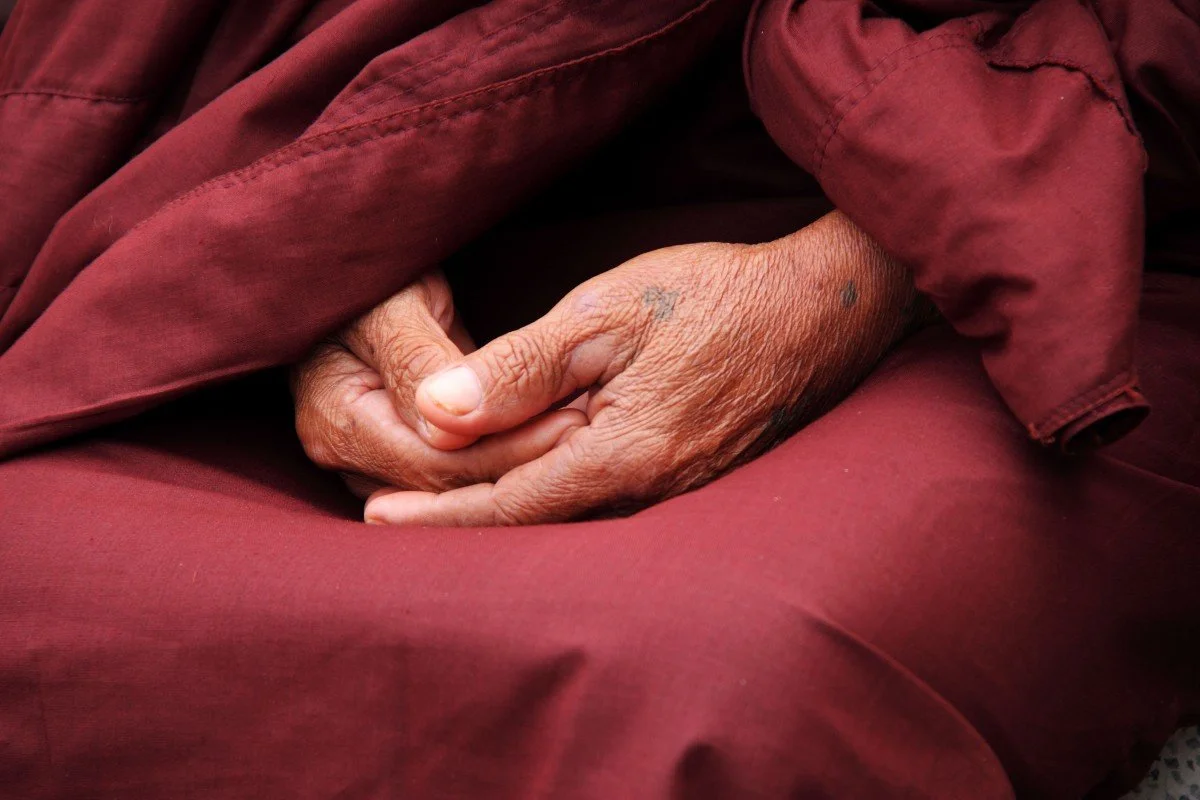Pray for India
The director of our mission partner in Northern India made an unusual request when visiting us while in the States last summer. We wanted to interview him on camera, and he politely declined. He said it wasn’t safe. He even asked if we would refrain from mentioning his name, the name of the ministry, as well as anything that would designate where in India they were operating.
Again, it wasn’t safe.
I have been to India in recent years, and the climate there regarding Christianity has been rapidly deteriorating for some time. During my last visit, mobs attacking churches, the homes of pastors, and individual Christians was not uncommon—particularly in the outer villages. Now Hindu nationalism is running rampant, and violence against Christians is becoming normative across the country.
When the New York Times covers the persecution of Christians, you know it’s bad, and that is precisely what happened in a story titled “Arrests, Beatings and Secret Prayers: Inside the Persecution of India’s Christians” by Jeffrey Gettleman and Suhasini Raj. It’s worth a full read.
In the article, an attack on a Christian church in the city of Indore is detailed, including the beating of pastors, assaults on women, and terrified children hiding for their lives. When the police arrived, they did not arrest the aggressors; they arrested and jailed the pastors and other church leaders who were still reeling physically from the assault. The Christians were
“… charged with breaking a newly enforced law that targets religious conversions, one that mirrors at least a dozen other measures across the country that have prompted a surge in mob violence against Indian Christians… a growing anti-Christian hysteria that is spreading across this vast nation….”
There are more than 30 million Christians in India, making it “home to one of Asia’s oldest and largest Christian communities.” A community that now lives in fear as anti-Christian vigilantes are “sweeping through villages, storming churches, burning Christian literature and assaulting worshipers.” And, as the New York Times reports, in many cases, the police and members of India’s governing party are helping them. “In church after church,” they write, “the very act of worship has become dangerous.”
You may have read recently that even the revered Missionaries of Charity, founded by Mother Teresa in what was then Calcutta (now Kolkata) in West Bengal, was recently denied the ability to receive and utilize foreign sources of funding, effectively ending the ministry in that nation. The international outcry was enough to have it soon restored – e.g., the United Kingdom Parliament began debating the blocking of overseas funds of NGOs in India – but it was a harbinger of the effort to cut off the flow of outside money to assist Christians and Christian ministry in the nation.
What is driving the persecution? Again, from the New York Times:
“To many Hindu extremists, the attacks are justified—a means of preventing religious conversions. To them, the possibility that some Indians, even a relatively small number, would reject Hinduism for Christianity is a threat to their dream of turning India into a pure Hindu nation.”
This makes the situation most dire in central and northern India,
“… where evangelical Christian groups are making inroads among lower-caste Hindus, albeit quietly. Pastors hold clandestine ceremonies at night. They conduct secret baptisms. They pass out audio Bibles that look like little transistor radios so that illiterate farmers can surreptitiously listen to the scripture as they plow their fields.”
For our part, we will continue to support our partner in India in every way we can. But every church in the West should have India – one of the most populated nations on the planet (second only to China) – on their hearts and minds.
And in their prayers.
James Emery White
Sources
Jeffrey Gettleman and Suhasini Raj, “Arrests, Beatings and Secret Prayers: Inside the Persecution of India’s Christians,” The New York Times, December 23, 2021, read online.
“India Govt. Allows MC Nuns to Continue Receiving Foreign Donations,” Vatican News, January 8, 2022, read online.

